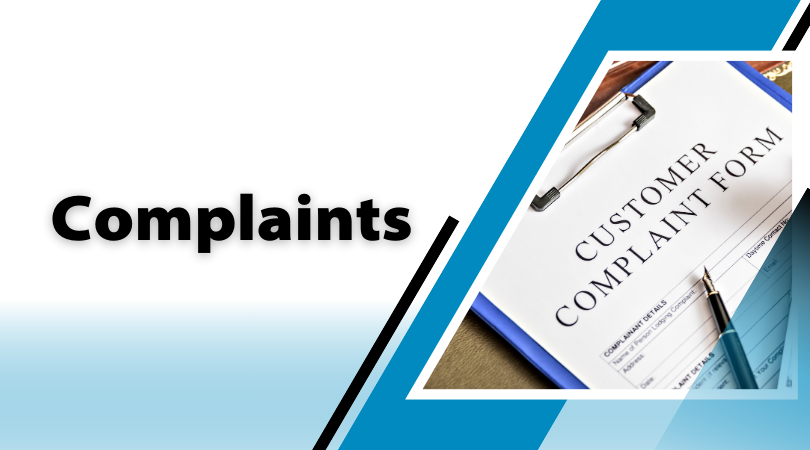

In our previous articles about the Central Bank of Barbados’ new Market Conduct Guideline, which is intended to standardise key aspects of the Bank’s licensees’ – commercial banks and deposit-taking finance companies (hereafter called finance companies) – operations and how they interact with their customers, we’ve examined what it has to say about fees and charges, access for vulnerable groups, and account openings and closures. This time around, we’ll delve into another topic it addresses – customer complaints.
Before we begin, it’s worth defining what a complaint, in the context of the guideline, is:
“A complaint is defined as any oral or written expression of dissatisfaction, whether justified or not, from, or on behalf of, any person about the provision of, or failure to provide, a financial service which alleges that the complainant has suffered (or may suffer) financial loss, material distress or material inconvenience; and relates to an activity of that financial institution.”
The first thing you should know is that the guideline requires commercial banks and finance companies to have an internal mechanism for resolving disputes, and that mechanism must be “easy to access, free of charge to the customer, and capable of resolving complaints in a fair, timely, and effective manner.” What’s more, information about how to file a complaint should be readily available both at their physical locations and online.
Should you need to file a complaint, you should have multiple options for how to do it, and your financial institution must respond to you using the same channel you submitted it, doing so within three to five business days. Thereafter, it must update you on the status of your complaint at least once every 15 days until they resolve it.
Once your financial institution has resolved your complaint, it should provide a final response to you in writing, advising you of its decision. That correspondence should also explain why it came to that decision and then outline any action it has taken or proposes to take based on your complaint.
If you’ve gone through the complaints process with your commercial bank or finance company but aren’t satisfied with how it was handled, you may then refer the matter to the Central Bank. The Central Bank will attempt to resolve the complaint, which may include referring it to the Financial Services Tribunal.
It’s important to note that before you approach the Central Bank for assistance with a complaint, you should first exhaust the complaints process with your financial institution.
As it does in its guidance on matters such as fees and charges, accessibility for vulnerable groups, and account openings and closures, the Central Bank’s Market Conduct Guideline outlines the expected standards for how the entities it regulates handle customer complaints to ensure that Barbadians enjoy a consistent experience while carrying out their financial affairs, regardless of the financial institution they choose.
If you missed any of the previous articles, read them on the Central Bank of Barbados’ website. You can also download the full guideline there.